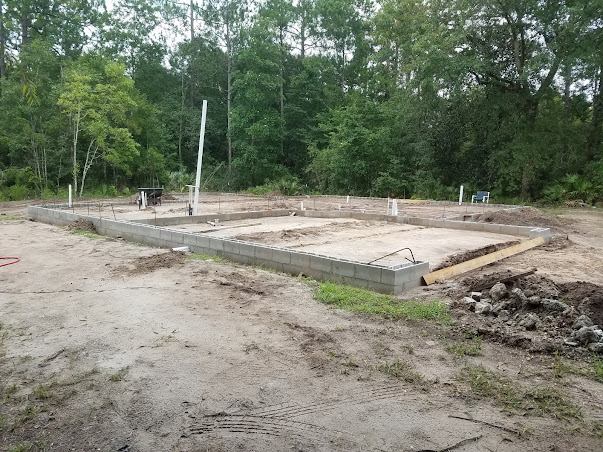Originally hosted on Creatively Green: The Most Acceptable Spaghetti Sauce
I work as a professional firefighter, which puts me at the station for 24 hour shifts every third day. At my fire station, we’ve got 11-14 people working on a normal day, depending on students or guests or whatnot. Dinner gets cooked on a rotating schedule, so when it’s my turn to cook I want something that can feed plenty of people, reheat easily if everyone catches a run, and doesn’t taste like old sawdust. Today, we’re going to talk about the staple of firehouse meals: spaghetti.
Now, I
know I’m going to offend somebody’s old nonna
with my recipe, but it’s something that you can slap together in the morning
and let cook all day. In the oven, on the stove, in the slow cooker, it all
works out in the end. First, let’s have that ingredients list.
1 –
12oz Can Tomato Paste
1 –
28oz Can Petite Diced Tomato, drained
1 –
45oz Jar Spaghetti Sauce (I prefer the Prego brand, but this is to taste).
1-2 –
15oz Can Tomato Sauce
16oz
Baby Bella Mushrooms, sliced thickly
1 –
Large Yellow Onion, minced
6-8
cloves Garlic, finely minced
2lbs
Ground Beef
2lbs
Italian Sausage (out of their casings)
Fresh
herbs to taste – Oregano and Basil by the handful, crushed and finely chopped
Salt
and Pepper to taste
3lbs
No. 8 Spaghetti
Okay,
so I always start by browning my meat in a large cast iron Dutch oven. Turn the
heat up as high as you can and let it get nice and caramelized, really seal
that flavor in. Once it’s cooked through, be sure to drain it thoroughly. In
the same cast iron, sauté the onions and garlic in a little olive oil, scraping
up the nice leftovers from the seared meat, and then add the mushrooms. If you
add salt to the mushrooms, they’ll release their water faster, making for a
less soupy finished sauce. Let your mushroom, onion, garlic mixture cook until
most of the liquid is gone. Here, you can choose to deglaze with some nice red
wine if you have some available, but be sure to let that simmer until most of
the liquid is gone. Add back the meat, and throw in the herbs. Now, when it
comes to herbs I recommend using a couple different types of basil and oregano
if you have the luxury of a home garden, but dried herbs work nicely in a
pinch. You cannot add too much at this stage, just go nuts with it.
Now
it’s time to add the tomatoes. If you’re a better person than I am, you may
have made your own sauce from scratch using real San Marzano tomatoes. I
applaud your dedication. The rest of us are buying a premade sauce base to fill
out the rest of this and moving on with our lives. Next, throw in the tomato paste. This is the
single most critical ingredient in any spaghetti sauce. Not only is this where
the flavor is at, it also helps to thicken and bring together the sauce in a
delightful finish. Add those diced tomatoes, but be sure to have them fully
drained. The last ingredient is the plain tomato sauce, which is just going to
bring you to whatever final amount you’re looking to have. At the station, this
is usually one or two cans, but if you’re cooking at home you may not even need
anything else.
Once
all of your ingredients are mixed, you can choose how to finish it. In the slow
cooker on low for eight hours, on the stovetop for at least two hours on the
lowest simmer possible, or in the oven at 225 Fahrenheit for at least six
hours. You can stir it if you like, but I typically don’t. This is more of a
benign neglect kind of meal, where I can ignore it for most of the day.
You
may now be realizing that this is a monstrous recipe, with proportions to feed
any army on the go. Don’t panic. The sauce freezes in gallon Ziploc bags for
easy meals in the future. A gallon bag feeds four to six people easily, or use
smaller portions for fast meal prep for the week.
My
last bit of advice here is to salt your water before boiling your pasta. And by
salt the water, I mean don’t be afraid of the salt. If you haven’t been doing
this, I promise it’ll change your life.



Comments
Post a Comment